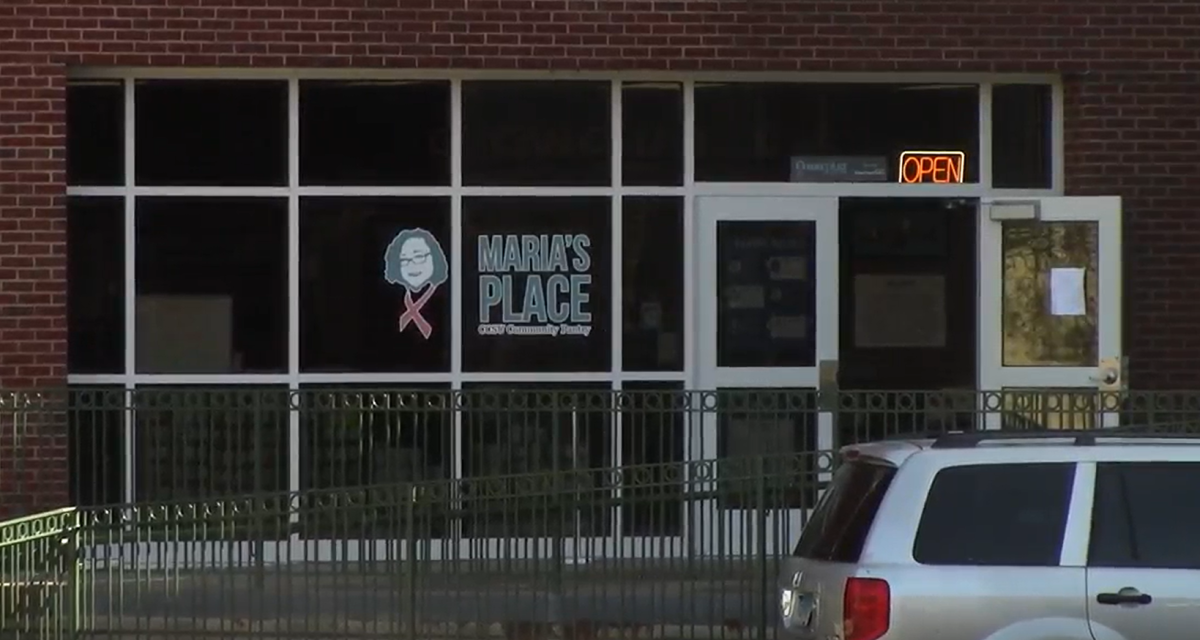By Justin Muszynski
The long-awaited general education reform may finally come to a conclusion this semester as the Faculty Senate Ad Hoc Committee will be making their final changes to their plans and submitting them to the Senate and Curriculum committee.
“The Faculty Senate asked us to hold another open meeting for those who could not attend on Dec. 8,” said Robert Wolff, chair of the Ad Hoc Committee. “Afterward our recommendations will be sent by the Senate to standing committees like curriculum. They will be charged with producing the actual implementation of the general education revisions.”
After a survey was conducted in the spring of 2011, the Senate concluded that there was a strong desire on campus to change the current system. The Ad Hoc Committee then held several open meetings to get the campus community’s input on the matter and even started a blog devoted entirely to the topic.
Wolff says one of the biggest challenges was getting everyone’s opinion, but thinks most will favor the system the committee will submit for approval.
“There have been some bumps in the road, it’s difficult to find ways to reach faculty, staff, and students,” said Wolff. “We committed to an open process and it seems to be working.”
Thomas Burkholder, who also serves on the Ad Hoc Committee, elaborates on the difficulties of addressing all the concerns the campus community had.
“We believe so far, the biggest concerns were about the lack of flexibility in the current system and this proposal addresses those,” said Burkholder. “The other concerns were that writing, critical thinking and quantitative reasoning skills be incorporated into gen ed and we believe we have done so.”
Foreign language requirements have been a major source of debate when discussions were held in regards to what the new system should look like. Burkholder says the committee will need more information before being able to make their final recommendation on this matter.
“The issue of foreign language proficiency is addressed by agreeing to study it. In effect we are kicking that issue down the road while collecting information that will help us decide how to proceed in the future,” said Burkholder. “We also had to balance the strong desire for flexibility and simplicity in the program against the desire to have depth in a discipline of the student’s choosing. We came down on the side of flexibility and left the issue of depth alone for now.”
While many students may feel the program is too in-depth, some also think it’s too big as a whole. There isn’t much the committee can do about that because of the state’s mandates. It is stipulated in Connecticut that the general education system must be at least one third of the total credits a student accumulates. Any new system would require at least 43 general education credits to be completed. In other words, the committee cannot stray too far from the current system, which was implemented in 1998 and requires a minimum of 44-46 credits.
Wolff says it’s probable that the submission made by the Ad Hoc Committee will neither be rejected nor approved.
“There are multiple parts to this proposal, some recommendations are likely to be approved and some not approved,” said Wolff. “There is willingness on the part of the faculty to effect some changes in gen ed so it’s unlikely to be wholly rejected.”
Should changes be approved, it’s expected they wouldn’t go into effect until the fall of 2014. The next open meeting will take place this semester but has not been scheduled at this point.



